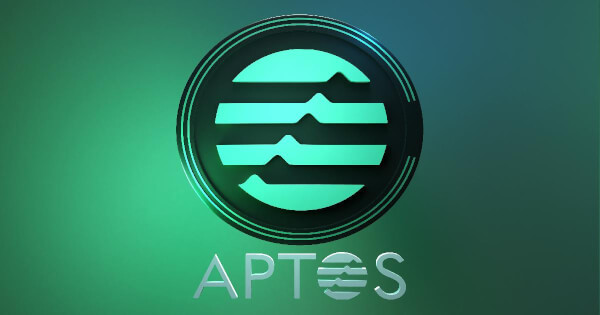Privacy and safety are top concerns for users in the digital world. While safety ensures that your home is secure, privacy ensures that your personal information remains private. However, in the online world, maintaining privacy for your data can be challenging. The impact of web3 on data privacy has come into focus, particularly with regards to big tech corporations like Facebook, Instagram, and Twitter. These platforms allow users to publish and share various types of content, including text, images, videos, and audio files. But when you upload data to these platforms, you may question whether it truly remains private and under your control.
In the existing web2 framework, data generated, utilized, and shared on social media and other digital platforms is centralized. This centralized control raises concerns about data privacy. By agreeing to store your data on the servers of an organization, you give them the power to monitor and use your data as they please. This centralized control also gives tech giants significant power over user data, allowing them to delete content without any recourse for users.
Web3, or Web 3.0, is a semantic and decentralized version of the internet that aims to empower users and prioritize privacy. It is described as a user-friendly, decentralized, and smarter version of the internet. The previous versions of the web, such as Web 1.0 and Web 2.0, had their limitations when it came to privacy. Web 1.0 was static, while Web 2.0 introduced social media and user-generated content, but also gave service providers control over user data.
Web2 has raised concerns about privacy due to the power held by tech giants and the lack of control users have over their own data. Web3 aims to address these concerns by utilizing technologies like blockchain, AI, and IoT to create a more interactive, decentralized, and private web experience. With web3, users can access the internet without revealing personal details and have more control over their data.
Before exploring the impact of web3 on data privacy, it’s important to understand the existing concerns. In web2, tech giants have unlimited power through control over personal user data. Users often have to accept terms and conditions to access services, and online privacy is often seen as a myth. The evolving digital marketing ecosystem relies on tracking cookies and collecting user data, which raises privacy concerns. Scandals like the Cambridge Analytica incident have further eroded trust in web2 platforms.
Web3 aims to address these concerns by giving users more control over their data. Blockchain technology plays a crucial role in web3, allowing users to own and control their data. With blockchain, data can be stored on a peer-to-peer network of nodes, ensuring transparency and ownership. Web3 also focuses on explicit user consent for data access and sharing, allowing users to access their data across platforms without the need for duplication.
In the web3 ecosystem, incentives are also being explored to ensure data privacy. Blockchain networks can reward participants for fair and transparent behavior while penalizing violators. Decentralized Autonomous Organizations (DAOs) are an example of implementing such incentives and ensuring decentralized governance.
In conclusion, web3 aims to revolutionize the internet by prioritizing user privacy and data ownership. It utilizes technologies like blockchain to give users more control over their data and create a decentralized web experience. With web3, users can expect a more private and secure online environment.
Source link






















